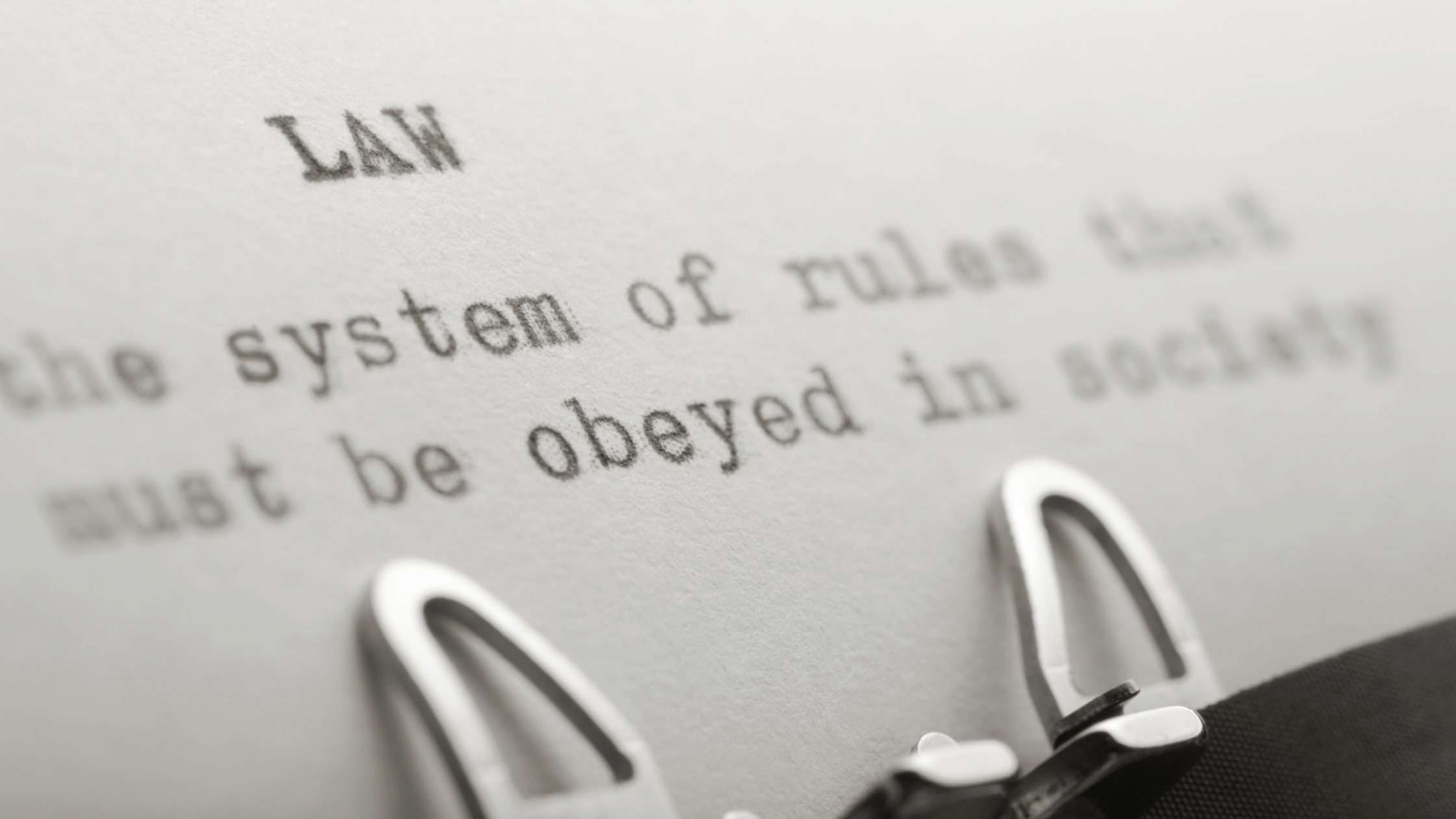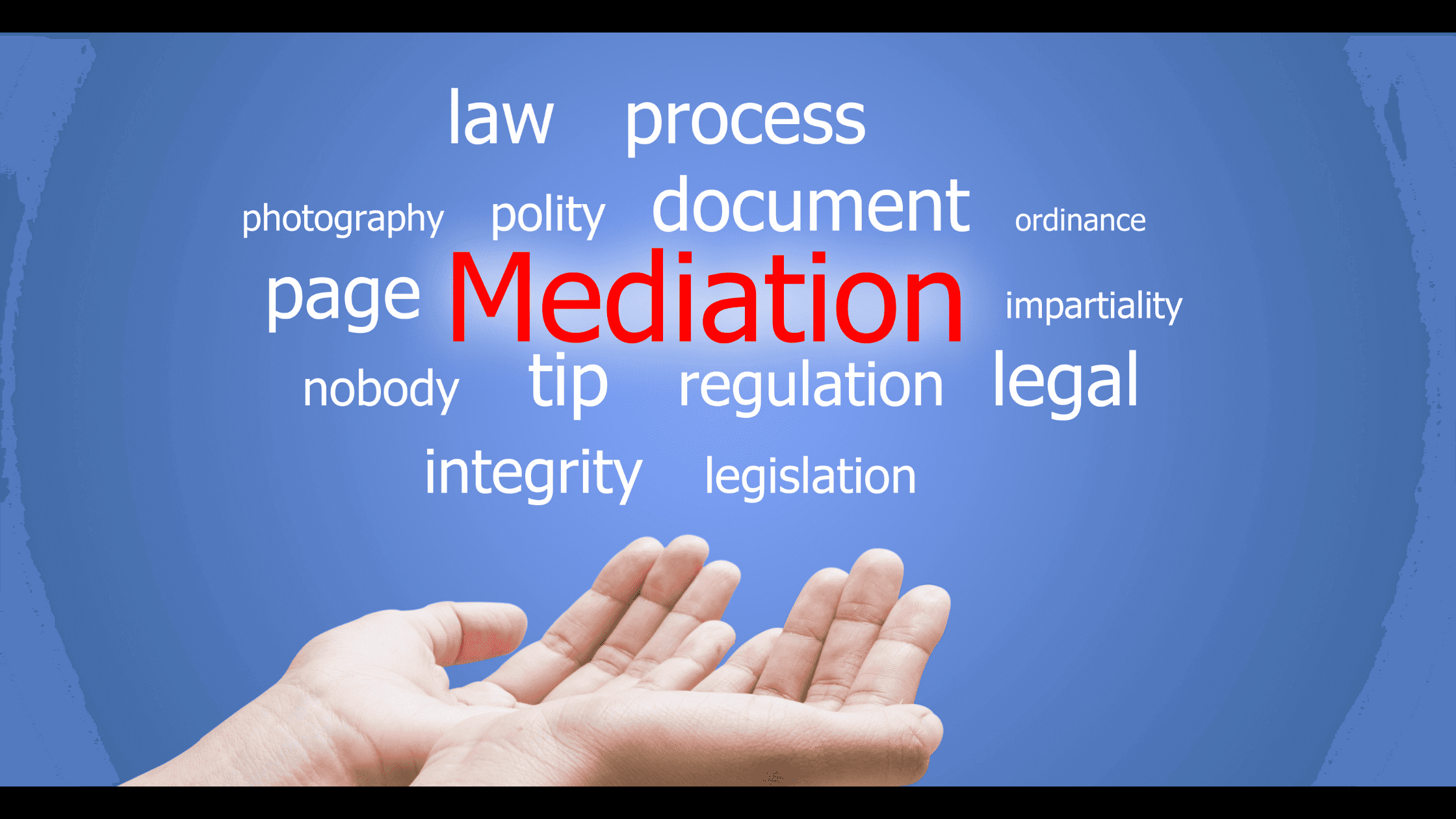Understanding the Business Litigation Process
Business litigation involves presenting issues with business and corporate entities to the courts and arguing for business entities in court. Various topics may be the subject of business litigation, and many business litigation lawyers are experts in one of these areas. These litigation disputes can be incredibly complex and take time to complete. Understanding business …










